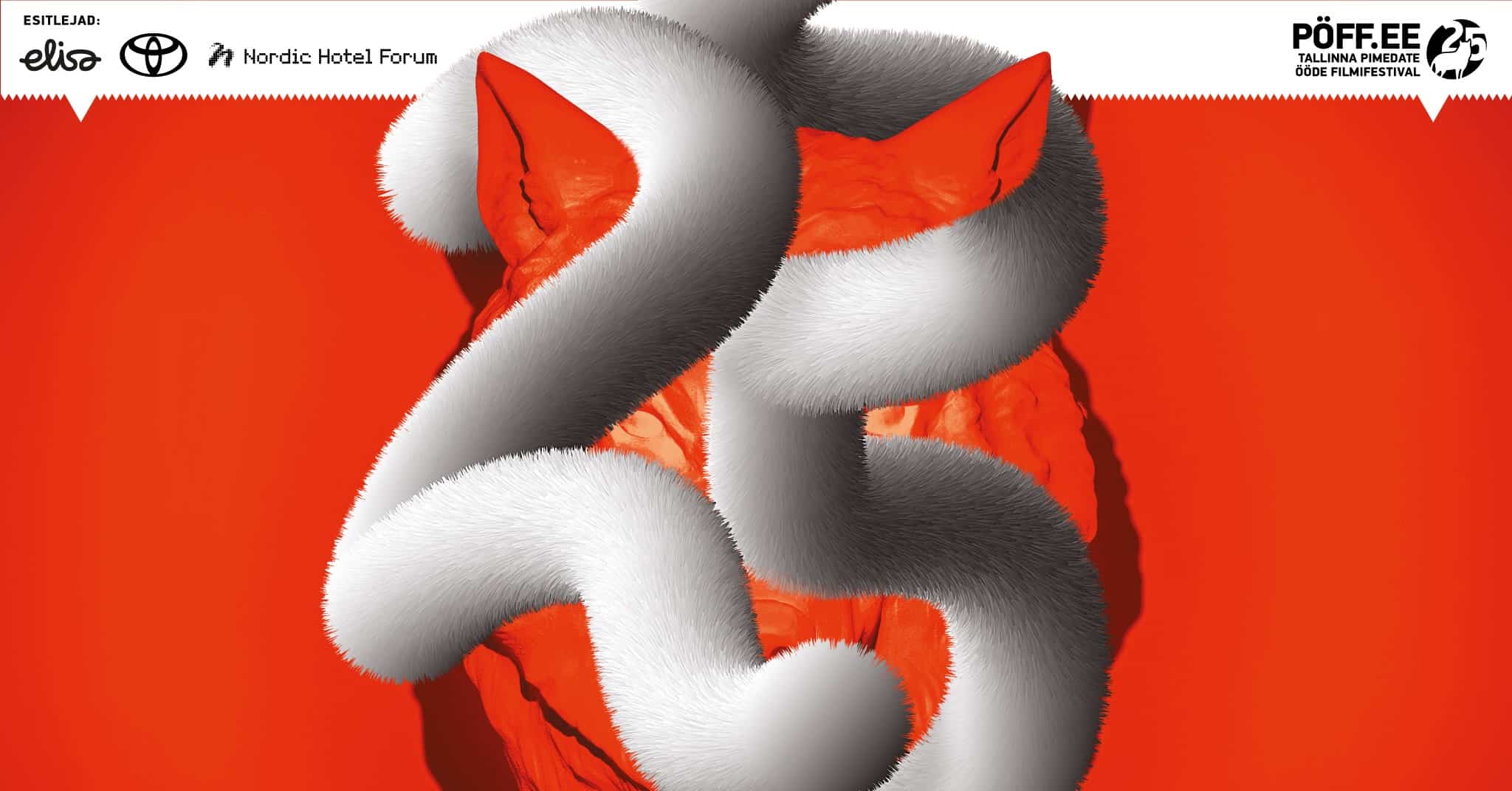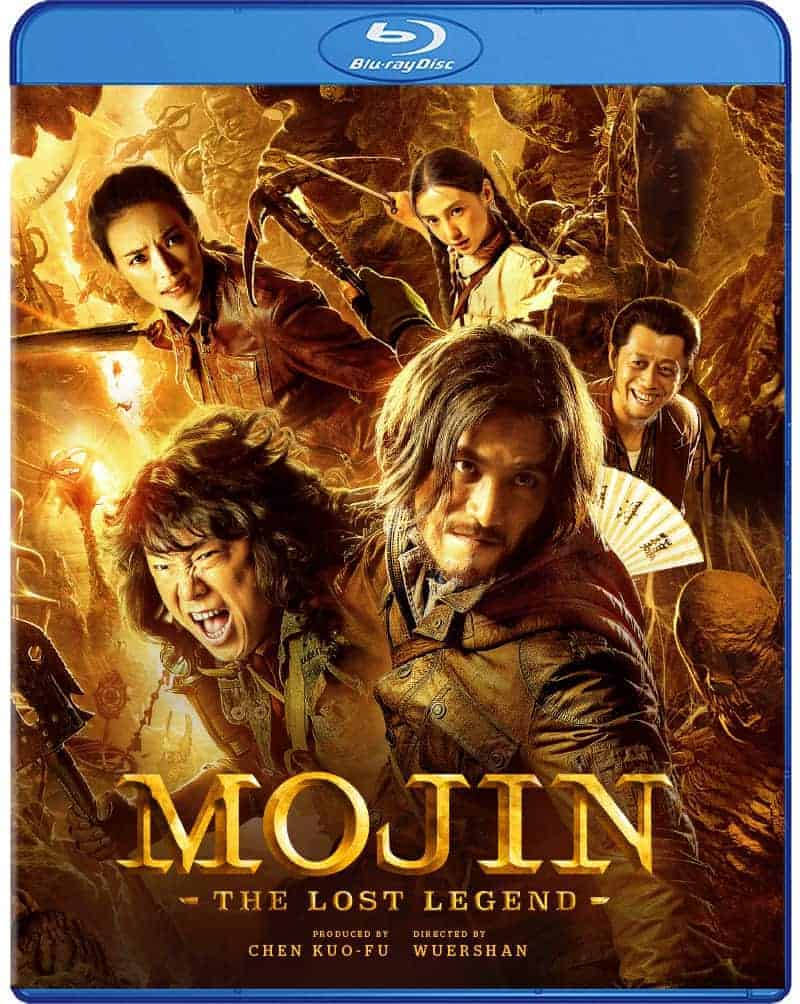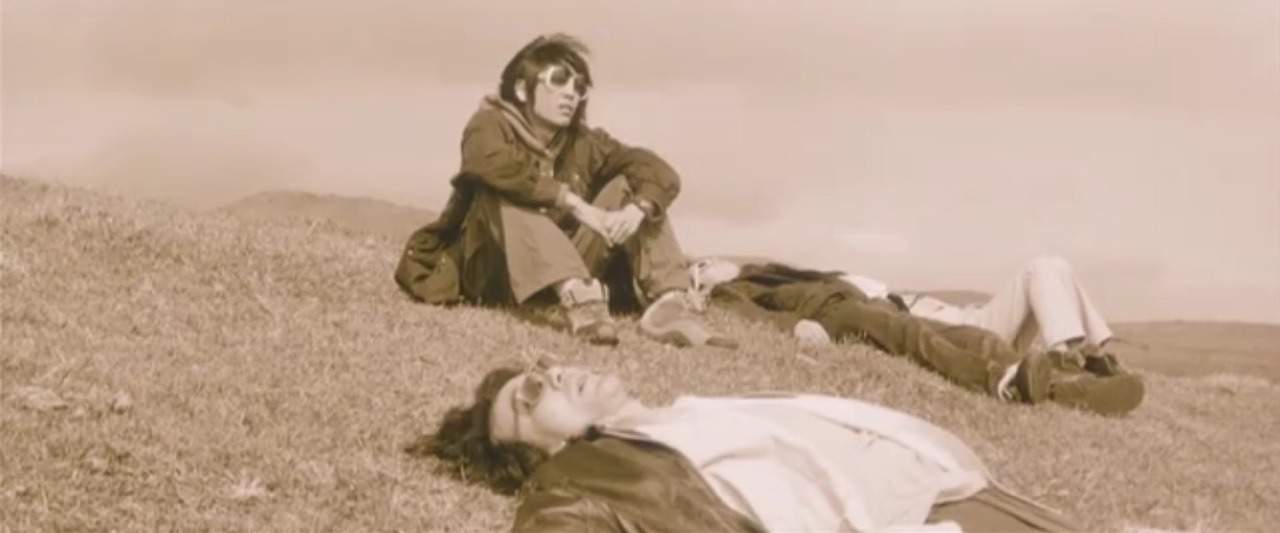It was just a matter of time before Kazakhstan's poet Mukagali Makataev (1931-1976) was finally going to get his biopic. Censored, outcasted and disgraced during his lifetime, he became the symbol of Kazakh's struggle for independence during the Soviet occupation, post-everything. “Poetry loves freedom” is something that gets repeated in Bolat Kalymbetov's period drama “Mukagali”, a wisdom ascribed to Pushkin, one of the greatest Russian poets whose verses also inspired the eponymous hero of the film.

30 years after the dream of Kazakh freedom became true, actor/ director Kalymbetov turns to the national hero concentrating on the last three years of his life marked by traumatic events. Mukagali (Aslanbek Zhanbalayev) is introduced through a form of trial about something he had done, probably regarding his now famous poem ‘Raimbek! Raimbek!' that was considered separatist at the time. During that life-changing event, he is still in Moscow where he held a teaching position at the University until the scandal, and we do have a chance of seeing him in that environment once – when his progressive Russian colleague introduces him to international doctoral candidates as the prodigy who translated Dante's “The Divine Comedy” into the Kazakh language. Mukagali was indeed one of the greatest translators of classic poetry to his mother tongue: the likes of Walt Whitman's “Leaves of Grass” and Shakespeare' Sonnets count as his most impressive achievements in the domain of translation.
Makataev would have celebrated his 90th birthday in February if he survived the mysterious disease that took his life prematurely (probably related to excessive drinking), at the age of 45. He left behind around 1000 poems out of which not many were introduced to the world outside the borders of the former USSR.

The first time writer Zhusipbek Korghasbek has penned an interesting script that does occasionally suffer from overly emotional undertones, and yet keeps the foundations of the story together, if not through transparency (it is not always easy to follow his thread) then through the understanding of the time marked by the Soviet occupation which pushed free thinkers over the edge. Likewise, the photography by Yedige Nessipbekov – so far most famous for his great work as the editor of Adilkhan Yerzhanov's Un Certain Regard contender “The Gentle Indifference of the World” (Cannes, 2018) – embraces the grey-beige tones to highlight the joyless, depressive mood, delicately framing most of the scenes in wide and medium shots.
Kalymbetov is dancing between the wish to condemn the poet's alcoholism and his understanding of it, which doesn't really work at all times. If there is a strong feeling of sympathy for the misunderstood poet who has to suffer big injustices, there is also a question of his failure to face the most challenging problems his family was met with. When his son Aibar is caught hanging copies of Magzhan's banned poems, and gets declared as “enemy of the people”, Mukagali behaves like a lost puppy.
For the audiences not aquainted with Mukagali and his poetry, some details will be lost in translation. For instance, the last poem he wrote was “Requiem to Mozart” which is why Mozart's Requiem is used in the film several times to highlight personal tragedies (it also plays to his funeral at the film's very end). The confusion might also ensue regarding the destiny of his children. In Kalymbetov's epic, we got to see only two out of five children the poet had, and they happen to be the ones who were hardly hit by destiny.
“Mukagali” was one of the victors of Tallinn Black Nights Film Festival where it won the Ecumenical Award, and this is probably just the beginning of a very fruitful career















